A Cut-and-Paste Operation
I had a minor surgery two weeks ago. It was to fix an ailment that affects 25% of all males sometime within their lifetime.
Please subscribe; please share. This blog will always be free but worthy reading.
Copy and share the link, post it on another platform. It is not that I get money with more subscribers, but it makes me happy when more people read it. Vanity is a funny thing.
Also in this post:
-+-+-+-+
Last year, I noticed two egg-shaped protrusions above each groin. They weren't painful, just uncomfortable. My GP, Dr. Wall, confirmed my suspicion: bilateral inguinal hernias.
An inguinal hernia is the assault of internal fat or intestines against a weak spot in the abdominal wall. In males, the weak spot is the inguinal canal. This is the passageway the testicles of a baby boy descend from the abdomen into the scrotum. The inguinal canal closes naturally within a few months of birth. When it does not close or when it opens up again, you get hernia. So, there are two main causes for inguinal hernia: congenital defect and old age. This means a bimodal distribution, with two peaks around ages 5 and 70. You know which peak I belong to. The abdominal muscles tend to weaken with age and fail to carry the weight of the intestines. It is more common than I thought. An inguinal hernia will affect nearly 25% of men, but less than 2% of women over their lifetime.
If you google "inguinal hernia", you find many descriptive images. Some of them are quite gross and painful to look at. Mine were small and barely noticeable by eye when I was standing up and totally hidden when I lied down. Doctor Wall said that they would never get better; they would continue to grow and sooner or later I probably would have to have an operation. I thought rather sooner when I am stilll in reasonable good health than later when who knows what condition I will be in.
I took recommendations from Taylan and Yi; Dr Wall and I picked Dr Joy Chakraborty as my surgeon. In the past, the GP1 would give you a letter of referral and then you would call the surgeon's office, hand over the referral letter, and make an appointment. These days, the referral is an e-mail sent to the surgeon's office. They call you to make an appointment. I suppose this prevents procrastination.
I saw Dr Chakraborty in November. He said fixing hernias was a simple procedure but there were still risks and he listed them. I asked, what if I did not do the surgery. He said probably nothing for a while but if the bulge grows, your intestines may end up strangulated in it and then you would die. This would not happen in months, in fact it may never happen for you but also it might happen. So I decided on the surgery and we decided to do it on 17 January.
I tried not to think about the operation until the day came. On Wednesday, the 17th, we were at the hospital at 6:15am as instructed. They first took an ECG, the anesthesist’s requirement. Then I was interviewed by a nurse, who asked me the same questions that I had already answered the day before when filling in the on-line admissions form: Did I have asthma? Did I wear dentures or did my teeth have a crown? Diabetes? Heart problems before? ... After that, they took me to a room closer to the operating theatre where I was asked to take off my clothes and change into the hospital gown and a pair of underdaks made from some transparent cotton material.
Meliz was still with me. While waiting, I was interviewed by another nurse on the same list of questions: Did I have asthma? Did I wear dentures or did I have a crown? Diabetes? Heart problems before? ... Then, I was trolleyed out on my bed to the pre-op holding room straight outside the operating theatre. Here, two new nurses took over and started by asking my name and my date of birth to establish my identity and then asked what I was there for. I suppose they did not want to cut the wrong organ due to the mistake of the previous nurse taking the patient to the wrong operating theatre. Shortly after they established I was the correct patient in the correct room, the anasthesist came in and went through some of the now familiar questions: Did I have asthma? Did I wear dentures or did I have a crown? Diabetes? Heart problems before? ... I asked him why he cared if my teeth have been crowned or not. He said they wanted to know so that they would take special care not to knock it off when they inserted a pipe into my trachea as part of the standard procedure. The anaesthesist tried to insert an IV catheter into my arm. Unfortunately, my veins are difficult to find at the best of times even when my body is saturated with water. After the pre-surgery nil-by-mouth condition2 imposed by the hospital, my veins were particularly shy and they refused to meet the needle. At the end, the anaesthesist inserted the IV catheter at the top of my hand.
Dr Joy, the surgeon, came in and asked me whether I remembered bringing them with me. I realised he was asking me whether I brought in my hernias with me. When I related this to Meliz afterwards as a funny joke, she said that the surgeon obviously had my sense of humour. To the surgeon, I answered yes, they are here with me. He inspected them and said that he thought the right one had gotten bigger and he was convinced that the surgery was the right decision. The nurse was going to push my bed into the theatre. The surgeon stopped her and asked me if I minded taking myself in. The nurse (only one remained at that time) was not very happy with the patient walking but she did not object. I was happy to get off the bed. I walked through the door into the theatre and then climbed up the operating table. The surgeon brought up two arm rests for my arms with a silly quip that this was business class and I did not have to fight for my arm rest. Then the anasthesist said that this could be the last thing I remembered because he was starting the tranquilliser drip into my catheter ...
... I woke up on a bed in a large post-operational ward. My mouth was dry and I asked for a glass of water from a nurse. I laid there for about half an hour before they wheeled me to my room. Along the way, we met Meliz. She said that she talked to the surgeon and it was a successful operation with no problem.
I was given a single room. Meliz and I chatted the whole afternoon. Meliz tells me afterwards that I was a lot more talkative than usual and she had not minded it at all.
I did not have to stay in bed and in fact was encouraged to walk. I wondered why I couldn’t just go home. A nurse said they hold me for a night to monitor against post-op complications like urinary problems.
Taylan, Yi and Eleanor came to visit. Faruk and Murside and my mother-in-law also came. My room was too small and we moved out to the lounge. Eleanor was the centre of attention as you would expect. My sister-in-law, Murside, said that Faruk (her husband) mowed my lawn and trimmed the edges. Those readers living in apartments would not appreciate what a great help this is. Especially in this season in Brisbane, when it rains one day and full sun the otherday, the grass was growing unchecked.
After the visitors left, Meliz stayed on. For dinner, I ate tasteless poached fish and steamed vegetables. Sleep came easily and I slept until a cry from a nearby room woke me up at 3 am.
He was surprisingly loud and obviously he was in pain. The next day I noted he had the look of a very old soldier. This hospital is also an authorised veterans hospital so there are many veteran soldiers being treated in my ward. He could have been one of them. Anyway, this was the night for me. I tried to sleep for a while then got up, got myself a cup of coffee and read my Kindle.
Meliz came back in the morning. I had my breakfast when she was in. It was porridge, prunes, one apple and a slice of toast with vegemite. After that we took a walk together in the hospital grounds. An assistant of my surgeon came in at around 11 and examined me. He said everything is hunky dory. He said that the surgery was a success and he did not expect any problems. I forgot to ask him why I had two holes under my belly button. I think one is for the camera and the other for the robotic tool entry but it would have been nice if I had confirmation. He showed me the photos of the patches in situ. Some people may find them too graphic, then do not look.
They were taken by the same camera that the surgeon used to control the robotic pincers. The grid serves as a scaffold for the body tissues build around them. The central wire is the spermatic cord. These images are supposed to show that it was a good clean procedure. They surprised me with their industrial appearance, with something a cable rope coming out of the middle of some plastic mesh.
Justin, the Assistant, was a few years younger than Taylan and he is working with my surgeon to become a specialist also in the area of general surgery. He signed the discharge papers for the Hospital and we went home.
It has been ten days now. I have no pain but I avoid movements that may strain my lower abdominal area. While sitting down and getting up, I use the support of my legs and my arms to keep my abdomen flat. The other day, I walked through the Griffith University campus and Toohey's forest. There was a bit of climb. Here I am at the top of the ramp.
Kuan’s Pirleri Niyaz Ederiz turned out to be an excellent walking song I listen on Spotify. I took one step at every beat with a slight sway and short stop after which I attacked the next step. Some students were coming down and we smiled at each other.
Reflecting later, I must have been a sight—swaying rhythmically to the music in my ears. Back home, I recorded it for posterity. The sheet on the bookcase is to protect my top row of books against Pascal and Hagi.
I was told not to drive for two weeks. Apparently, drivers with fresh abdominal sutures were reluctant to brake. I also will not lift heavy objects for six weeks.
So this is my story of bilateral inguinal repair surgery. I would hate to have to have this operation when I am say ten years older. So I am glad I did it now. On the other hand, every operation where they put you to sleep includes the possibility of not being able to wake up from that sleep. It is a good reminder that there are only so many more days left in front of us. All the more reason to seize the day. This means different things to different people but the principle is the same: try to appreciate your life and your loved ones as much as possible, do not postpone this appreciation.
Short Cuts
Power, 24 January 2021, Sonal Patel -+-+-+-+
Westinghouse eVinci floater
I wrote about Westinghouse eVinci microreactor before. It looks like Westinghouse is planning to build a floating power plant using this microreactor for the Canadian firm Prodigy.
Based on what is on their web site, Prodigy does not seem to have a past prior to this project announcement. There is of course no product yet and the projected delivery is in 2030. Good luck to them.
I still need to see a comprehensive datasheet on eVinci. In the first announcement, there was no mention of temperature and the output was said to be 5-MW, which I had assumed to be the thermal output. In the latest news, there is a mnention of 600C as the temperature and the output is quoted as 5-MWe. At 600C, the only option is using a steam turbine, which is very inefficient at a size of 5-MWe.
I think it is an error that Westinghouse made the decision to sell eVinci as a full package complete with the power generation loop. 5-MWe power generators are sold by different people and to a market different from what Westinghouse is used to. I hope they will learn their mistake and change before they go bankrupt again. It would be a pity because eVinci heater is a good product.
-+-+-+-+
Severe Land Subsidence Measured in Turkey
Six months ago I wrote about Turkey becoming a desert country. An article published in Nature this week shows that others are on the same path. Rapid groundwater-level decline (>0.5 m year−1) is common, especially in dry regions with extensive croplands. Moreover, groundwater-level declines have accelerated over the past four decades in 30% of the world’s aquifers. Losing access to underground aquifers, the agricultural land of today in many countries may turn to desert soon.
One of the sources used by Jasechko (2024) was Orhan (2021). In 2021, Associate Professor Osman Orhan of Mersin University published a paper that sounds a clarion call for action – a call, regrettably, that seems to have gone totally unheeded in Turkey. Dr Orhan investigates land subsidence in Konya and surroundings with the help of interferometric synthetic aperture radar (InSAR). This is a technique that can detect land subsidence in the order of millimeters by comparing two satellite radar images taken at different times. Past studies reported the land subsidence rates in Konya as approximately 15 mm/year in the period between 1995 and 2000, 30 mm/year in the period between 2002 and 2010, and 50 mm/year in the period between 2014 and 2015 using the InSAR technique, and 75 mm/y today according to Dr Orhan. If I plot these numbers against the years, I get the following chart:
The rate has been increasing linearly and I project it to be almost 100 mm/y by 2030. The cumulative effect on the Konya plains is horrific and can be found by integrating the above chart over years. Starting from 0 in the year 2000, and assuming the practice of overusing the aquifers continues, the whole area will be sinking deeper and deeper in the coming years as shown in the following chart:
Why is this happening? Orhan(2021) also examined the groundwater well data and concluded that the acceleration in the land subsidence rate in recent years is related to the increasing groundwater extraction. After 2000, the agricultural practice in the area switched to water-thirsty crops. The average annual precipitation in Konya and surroundings is 337 mm. The crops grown are like sugar beet and clover, which require 825mm and 1200mm of water, respectively, every year. The deficit is drawn from the aquifer.
This is an extraordinary situation and it is blindingly obvious that the whole area is marching towards becoming a desert. I cannot understand why this does not get the highest level of public attention in Turkey. It is an existentialist issue.
References
Jasechko, S., Seybold, H., Perrone, D. et al. Rapid groundwater decline and some cases of recovery in aquifers globally. Nature 625, 715–721 (2024)
Orhan, O. Monitoring of land subsidence due to excessive groundwater extraction using small baseline subset technique in Konya, Turkey. Environ Monit Assess 193, 174 (2021). https://doi.org/10.1007/s10661-021-08962-x
You Tube
-+-+-+-+ If you are looking for a neat presentation on what triggers climate change watch this. Short but very clear:
Summarizing, if the reason for the warming were that the sun sent more heat, all the air layers covering the earth would have to warm up. However, only the atmosphere is warming and the stratosphere is cooling. Therefore, the reason for warming is the increase in the thermal insulation of the atmosphere. The only apparent change for this increased insulation is increased CO2. It is not possible to explain this increase in CO2 concentration with a cause other than burning of fossil fuels.
What I Read?
-+-+-+-+ I recently completed the 'Embers of War' trilogy by Gareth Powell, a British SF author whose narrative style and expansive universe-building remind me of the late Iain Banks, yet with distinct personal nuances. Powell crafts a universe in this series that feels vast and richly textured, albeit with limited interaction among the various interstellar races. Unlike the typical 'good vs. evil' trope, this trilogy stands out with its intricate plot where a dormant fleet of a million AI-controlled spaceships, left by a vanished civilization, becomes central to an unfolding cosmic drama. The story is driven by the crew of the pirate spaceship 'Trouble Dog', who, in a twist of fate, ignite a new purpose in this ancient fleet. Powell's portrayal of AI and its ethical implications resonate eerily with today's discussions about AI, despite being written earlier. I was particularly struck by the development of the non-human characters and the moral dilemmas they face, which kept me emotionally engaged. While fans of Banks will find familiar ground here, Powell's unique approach to space opera, focusing on the nuanced interplay between AI and human (and non-human) agency, sets this trilogy apart.
The story evolves impressively over the three books, culminating in a satisfying yet reflective conclusion. Highly recommended for readers who enjoy complex space opera with a philosophical edge.
Pascal Hagi
-+-+-+-+ We used to keep their food inside the cage where they sleep. We decided now to put the food outside as you see below:
The door remains open when I am not using the office. They come inside when it gets dark outside and go into the sleep cage themselves. This means we do not have our music-before-sleep ritual anymore. I change their food after they go to sleep. In the morning, they fly out themselves. We chose this new arrangement in preparation for the time when we travel. Meliz’ cousin Derin agreed to check them once a day and replace their food clean the cage etc. It is going to be a lot easier for Derin to do it in this new arrangement.
General Practitioner. In the Australian system, this is your regular doctor who is not only your healer but also the gatepost to other parts of the medical infrastructure
It was nil-by-mouth, i.e. no food nor drinks, after 2 am for a 6:30 hospital check-in. I went to sleep at 10, so when the anaesthesist was seeking my veins using a sharp object I had not drunk anything for almost twelve hours.
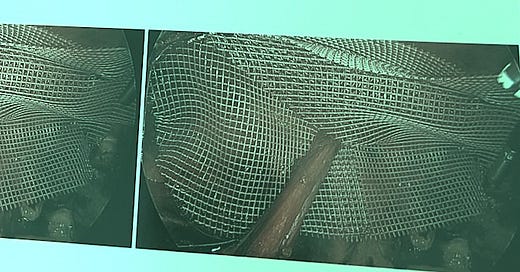


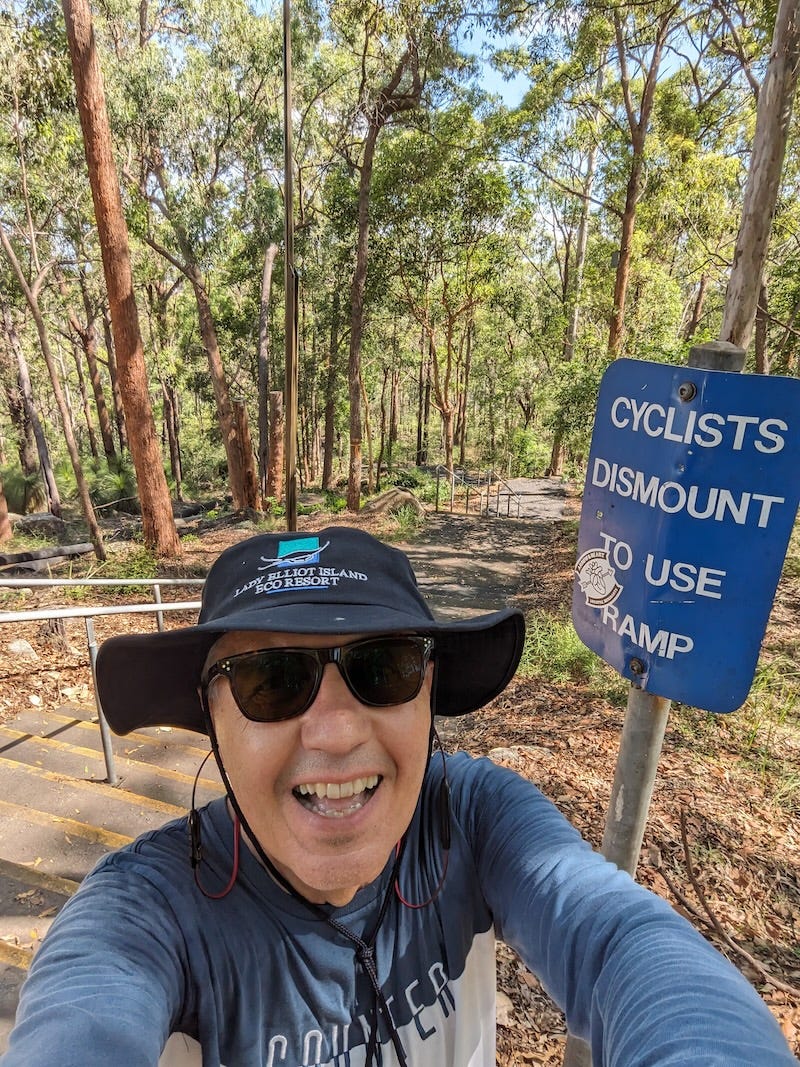
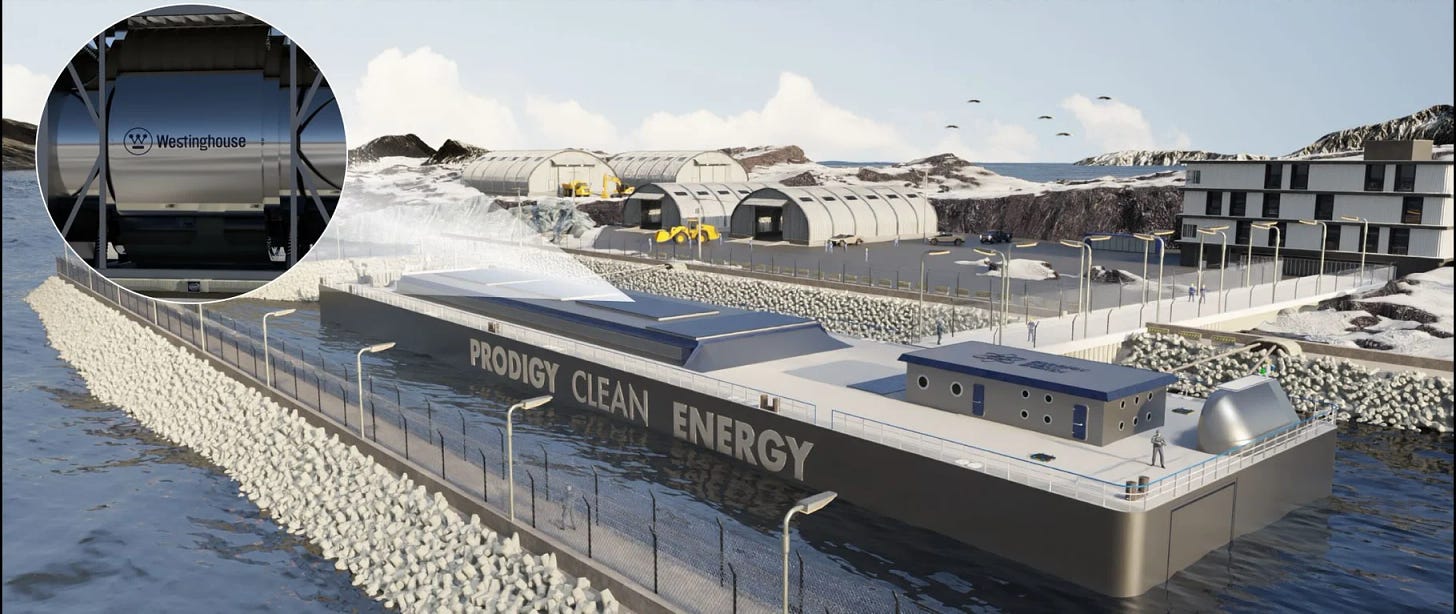
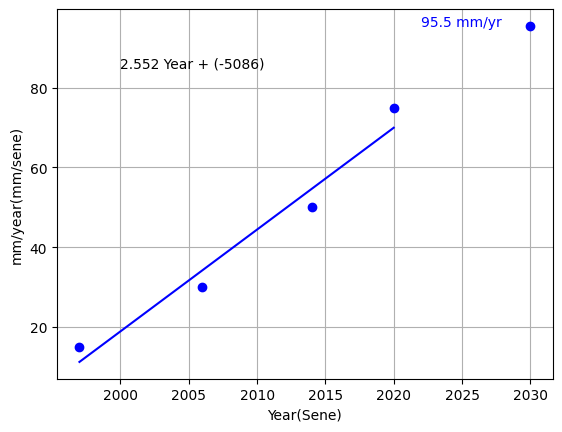
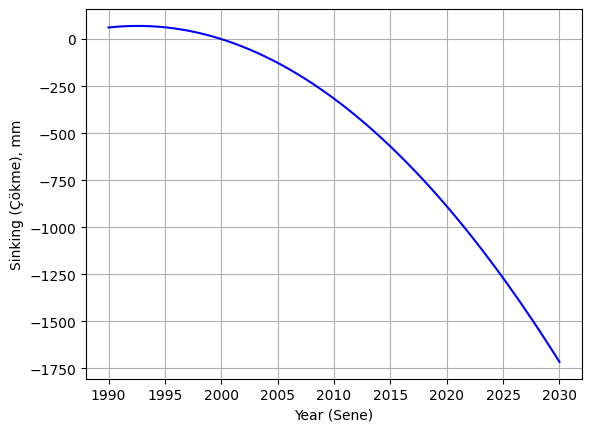

Hi mate. :-) I hope you're recovering well. I'm writing because I'm from Brisbane, not too far from UQ. Also had surgery recently a detached retina, and needed overnight in hospital. It worked well, thank goodness. Hasn't the Sabine video caused a stir all over. Deniers hate it, and "conservative/traditionalist" celebrity climate scientists as well.
Halim, I saw your comment https://www.theclimatebrink.com/p/a-primer-on-atmospheric-rivers/comment/49067480 -- I liked it. I made several posts on their "hot models" article which got me banned. Oh well, some people cannot handle direct criticism of what they say and what they represent.
Anyway, really liked you comment -- because it is true and correct. AS usual they only focus on misusing any story to "double down on the ('super accuracy' claims of the) IPCC" and it's supposed amazing reliability. I'd reply their but can't. :-)
So I decided to do it here. Also I agree with Leon Simons recently (co-author with Hansen).... these climate scientists are negligent and responsible for great harm.
This showed up again Halim. YOu might find it insightful, from 2015 - much truer today than it was then - https://www.esquire.com/news-politics/a36228/ballad-of-the-sad-climatologists-0815/ - but now we have the impacts and effects of their silence and downplaying the consequences and the futility of their fantasy "plans to solve the problems" - we are in dire straits.
Take care, Sean